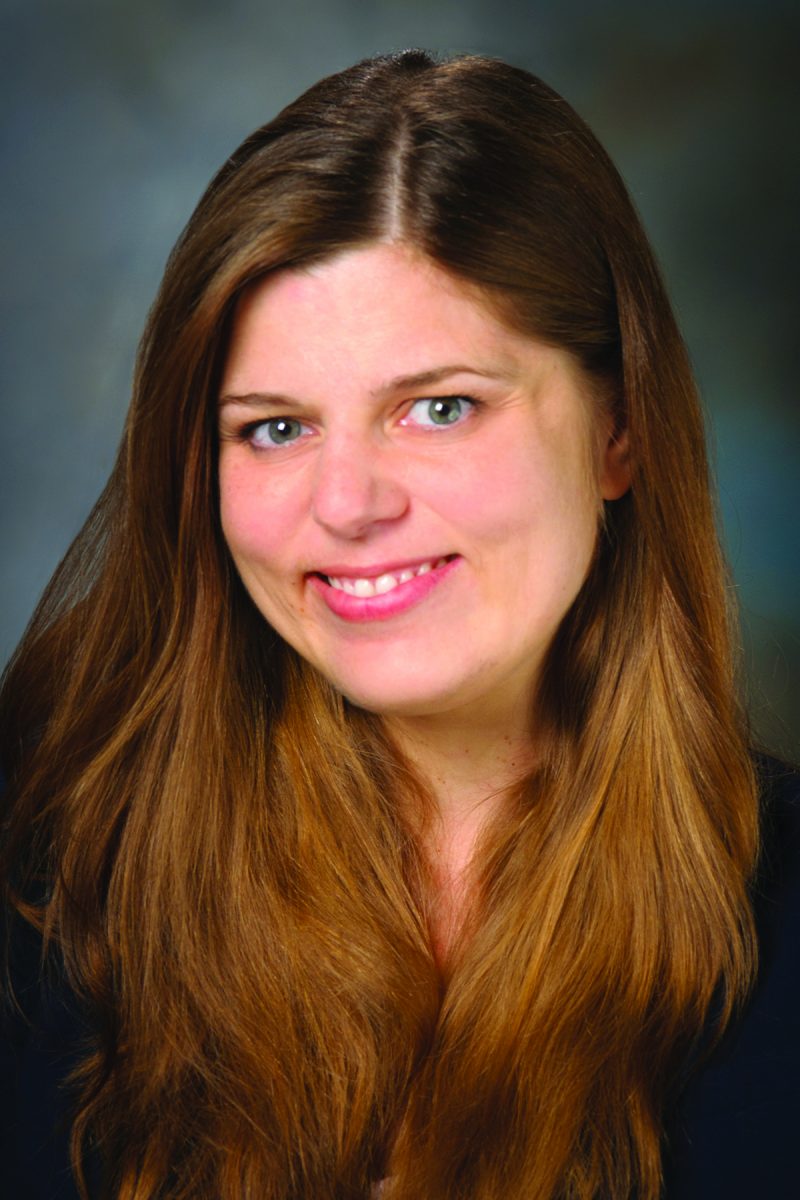

Katharina Schlacher
Katharina Schlacher obtained her B.S. in microbiology at the Karl-Franzens University in Graz, Austria. For graduate studies, in 2003 she joined the lab of Myron Goodman at the University of Southern California, where she earned her Ph.D. While there, she discovered an unprecedented transactivation mechanism for mutagenic E. coli DNA polymerase V by proteobacter recombinase RecA, recognized by the USC College Doctoral Research Prize. In 2007, as a Damon Runyon Postdoctoral Fellow, Schlacher joined Maria Jasin at Memorial Sloan Kettering Cancer Center (MSKCC) and Hong Wu at the University of California, Los Angeles, to focus on her passion for mechanisms at the replication fork. She discovered a novel genomic instability and tumor suppressor mechanism at the DNA replication fork distinct from DNA repair. Specifically, Fanconi anemia proteins BRCA1/2 protect stalled DNA replication forks from degradation by MRE11. This replication fork protection discovery was recognized with the Parvin Foundation Award for academic excellence, the UCLA/Molecular Biology Institute Research Excellence Award and the MSKCC Postdoctoral Research Award. Schlacher received a National Cancer Institute K22 award and joined the faculty at MD Anderson Cancer Center in 2014.
Schlacher’s research focuses on developing an in-depth molecular and biological understanding of how replication fork protection suppresses cancer and disease to obtain biological insights suitable to develop disease prevention and treatment strategies.